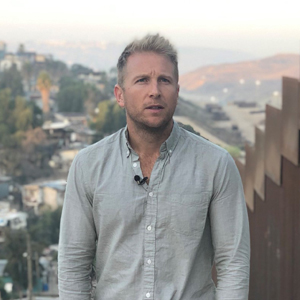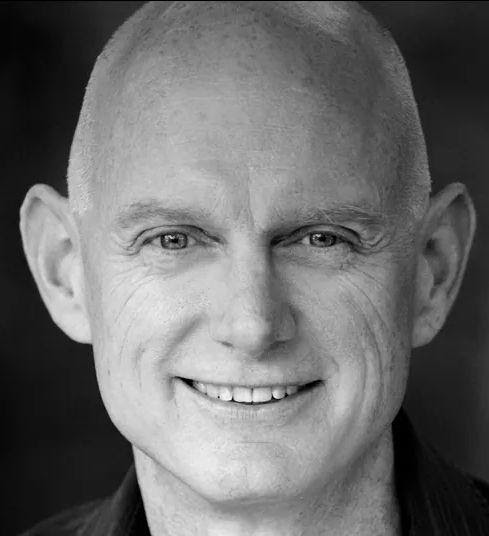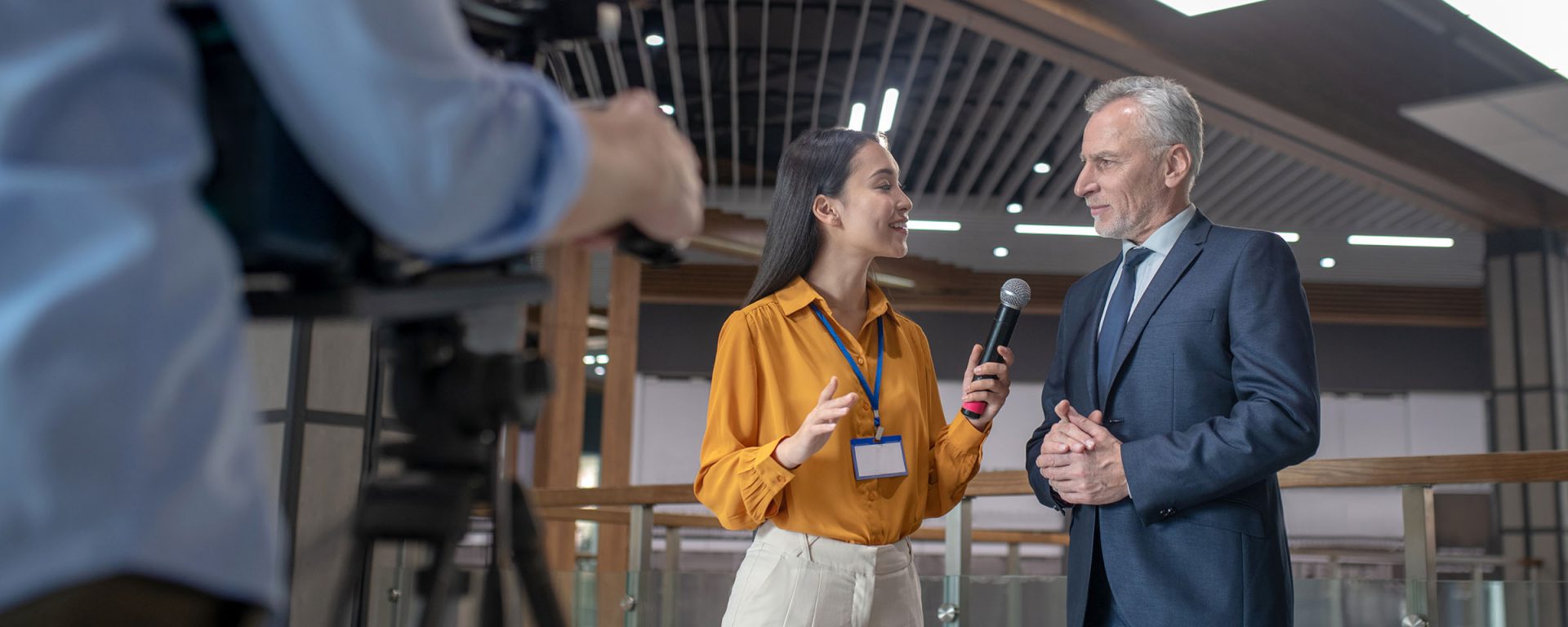If you had to sum up a career as a journalist in one word, it would probably be ‘dynamic’. Fast-paced, information hungry and cross-channel, modern journalism is an industry that is constantly evolving. Which means opportunities for those with the skills and energy to take them on.
Journalism is also about connecting people. Getting stories out to inform, entertain and enlighten people, for communities to know what is happening – and why.
That’s what motivates journalist – and Charles Sturt alumnus – Hamish Macdonald.

“I’m motivated by a desire to make big, complicated global news stories relevant and engaging to my own generation. I never dreamed I would do the job I do today and to get a front-row seat watching the world’s biggest news stories unfold.”
But how exactly do you become a journalist in Australia? Let’s take a look. We’ll cover:
- What does a journalist do?
- How to become a journalist
- How long does it take to become a journalist?
- What skills does a journalist need?
- How much can I earn as a journalist?
- Next steps
What does a journalist do?
There is really no such thing as a typical day in the life of a journalist. That’s one of the reasons it’s such an exciting job. However, you could do some, all or any of the following.
- Review news media and agency communications from local, national and international sources. Social media platforms are also increasingly useful to stay on top of news trends.
- Collaborate with editors and producers to determine the news agenda for the day.
- Travel to cover major news events.
- Work with photographers or videographers to illustrate a story.
- Research and fact-checking.
- Interview people.
- You could present the news on air – on TV or radio – or write it up for print or digital publications.
You could work for a broadcast, print or online news organisation. Or you could freelance and work across businesses.
How to become a journalist
While the government predicts strong future job growth for journalists across print, radio and TV, the media industry is competitive. In the past, people would become journalists without necessarily having a university degree. But increasingly, media organisations look for higher level education qualifications.
A degree like Charles Sturt’s Bachelor of Communication1 will train you in comms theory and give you the skills to put it into action. And good news: the degree features a news and media specialisation. This is ideal for budding journalists, as it offers a path through the degree with an emphasis on getting the most up-to-date skills for contemporary journalism careers – from digital media and audio broadcasting to researching, planning and producing content for news platforms.
You’ll attend lectures and have mentoring opportunities with famous Charles Sturt alumni and our industry partners. And you’ll also undertake work placements during your course, so you get a real feel for life as a professional journalist.
When you graduate, you’ll be well positioned to enter a media organisation. Sometimes, you may look at starting with an internship or apprenticeship to gain experience and learn the requirements of a business. Many news organisations in Australia run internship and apprenticeship programs for graduates.
As you gain experience, you may find a particular area of journalism that you want to specialise in. This could be sports journalism, political reporting, feature writing, business reporting or broadcast journalism. You can look to move into more specialised roles, and later take on a master’s degree to hone the specific skills you need.
How long does it take to become a journalist?
Studying a Bachelor of Communication takes three years. That’s if you study full-time. Which means attending uni for two out of the three study sessions each year. You can, of course, always choose to study part-time (and, for instance, work a job the rest of the time to pay for the course, or undertake an internship to gain experience). In that case, you’re looking at six years. So, there is some flexibility. You can also elect to study on campus (at Bathurst, for example) or study online. So even more choice.
The other good thing about this bachelor’s is that you can stop and start – and get a qualification after each year. So, for example, you can do a year and get a Diploma of Communication. Maybe then you go and travel or get some experience in a media organisation. Then when you come back to study, you go straight into the second year of the bachelor’s.
What skills does a journalist need?
You can categorise journalistic skills into two kinds: technical skills and soft skills.
Technical skills are the things like media production, writing, and researching that you learn in the subjects in your degree. Jock Cheetham, journalist and lecturer at Charles Sturt University, sees having a wide skill set as one of the keys to success as a journalist.

“I think future journalists need to be multiskilled and multidisciplinary. It’s hard to do as they still need to do everything else they did in the past, but also add in new skills. So, for example, if you want to be a print journalist, you still need to be well across current affairs, be able to fact check, have writing skills, network for contacts, know about legal requirements in your craft, apply ethics to your work, and so on. All these things are fundamental to a journalism career.
“But increasingly you can’t really just be a text writer. You probably need to be able to add some photographs to your stories if required (even if just on your smartphone). Plus, be able to shoot video, in a lot of cases edit video. You also need – whatever platform you’re on – to work with social media in a skillful way. And be aware of the digital environment to increase the reach of your work. Data visualisation is also a pretty fundamental skill for journalists today.“
A journalist also needs soft skills
The other type of skills needed for a journalist are soft skills, also known as employability skills. These are things like critical thinking, understanding your audience, and making decisions based on the story, audience and communication channel. Jock explains.
“Being aware of where the audience is, what they are responding to and how to measure that – and change in response if required – affects how you produce journalism for certain audiences in certain markets. That’s the sort of soft skill and critical thinking – such as deciding whether this particular story for this audience is best served by a video or needs data infographics with photographs or similar – that backs up the hard skills of producing the journalism that is required.”
How much can I earn?
The latest government figures put the average yearly salary for a journalist at around $90,000. That’s an average across the whole profession, with different levels of experience. When you graduate from your degree and get your first job, you probably won’t be on that level of wage. However, you could reasonably expect to earn $60,000 or more annually. And wages vary considerably across organisations. Plus, you will earn more as you gain more experience.
Next steps
Work hard in high school. You’re going to be looking for an ATAR of at least 60 (although this can change from year to year). Doing work experience with a local news organisation can give you some insights into the business. You could also investigate volunteering with a charity or community publication to get more experience.
And, if you want some more guidance on how to become a journalist, just reach out.

1CRICOS 0101020


You must be logged in to post a comment.